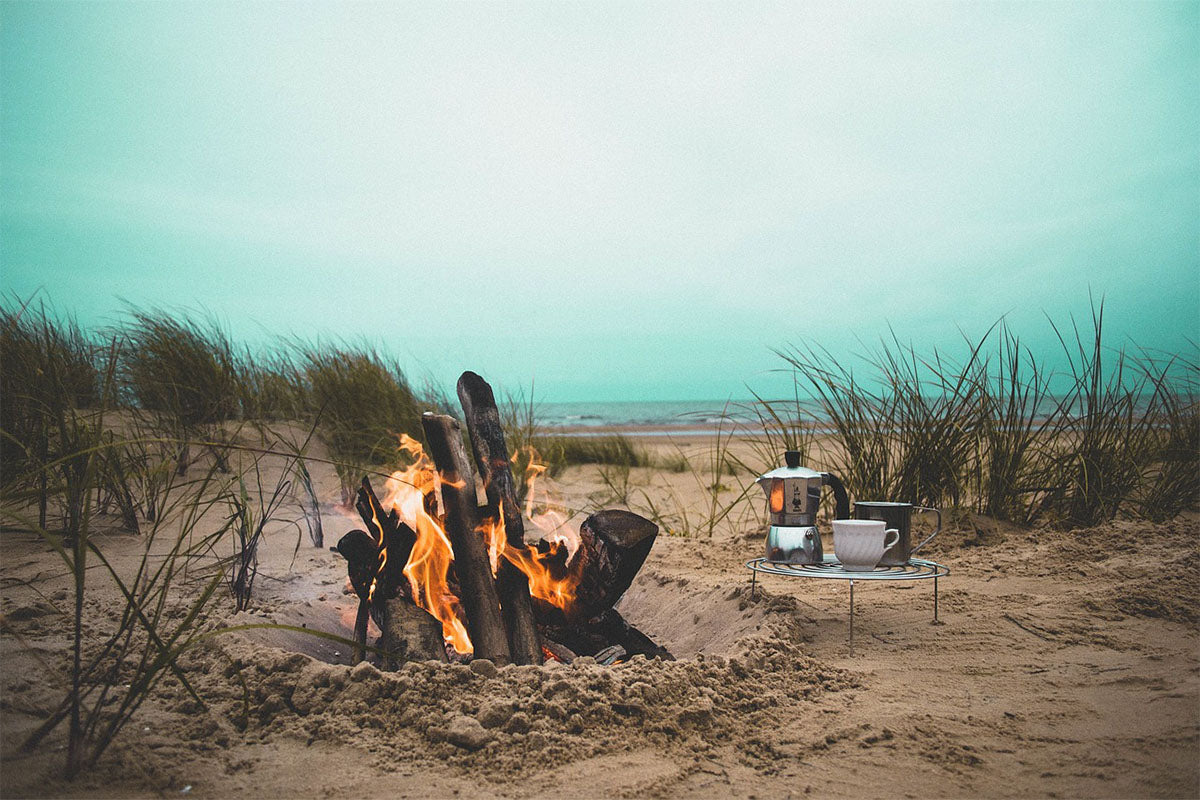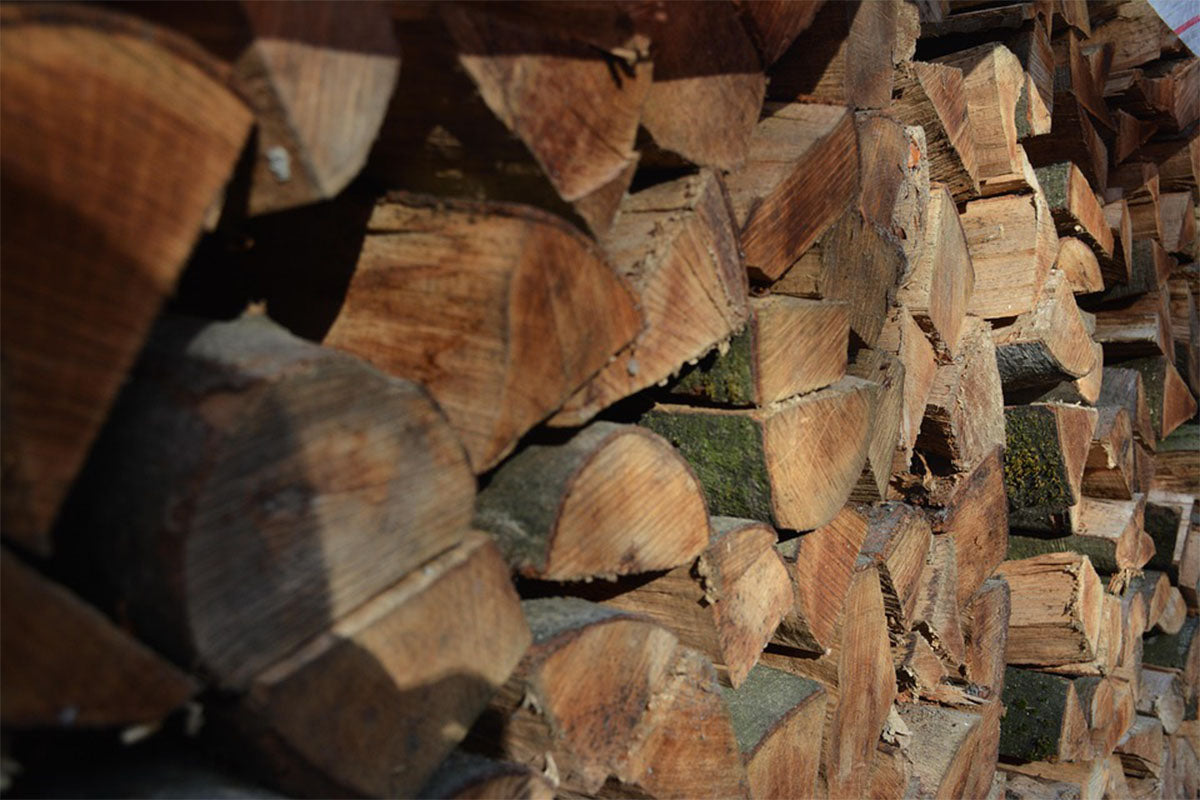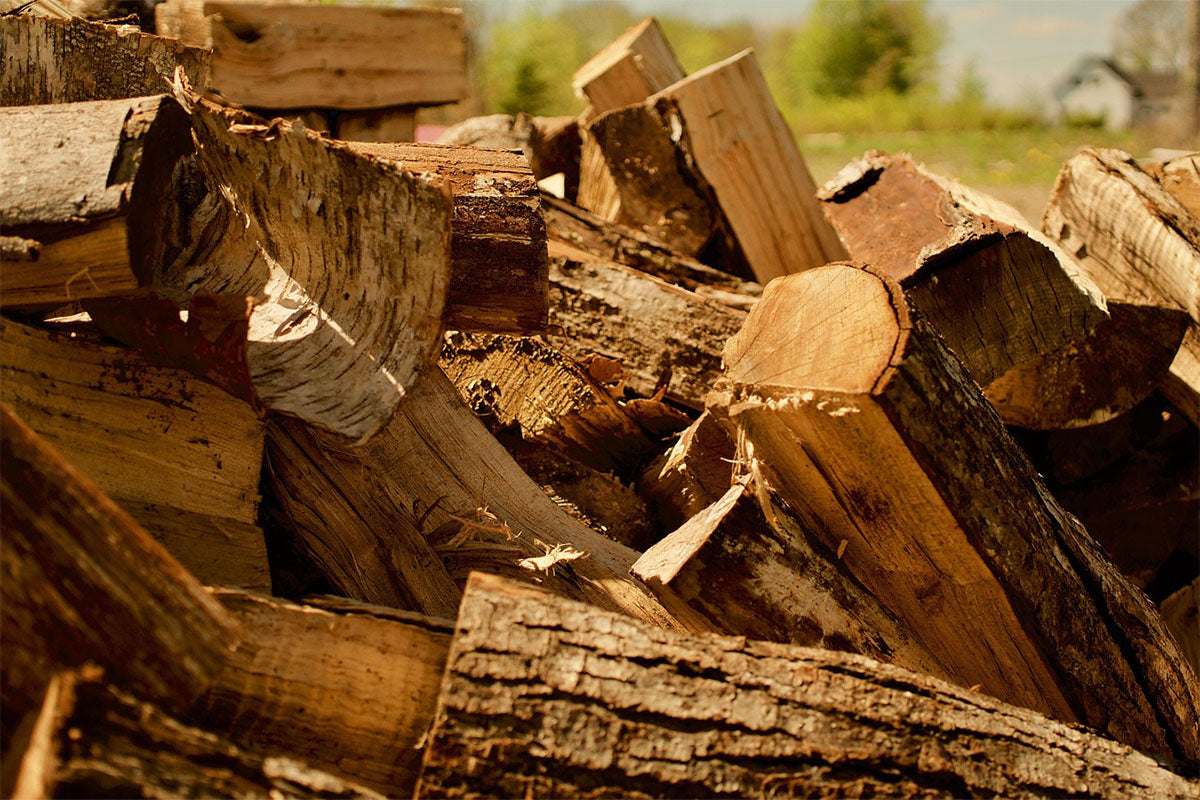
Myths & Misconceptions About Firewood and Firewood Burning
Myths & Misconceptions About Firewood and Firewood Burning
When it comes to firewood, there’s a lot of misinformation out there. From which wood burns best to how to store it properly, many myths have been passed down over the years, leading to inefficient fires, increased smoke, and even safety risks.
At Timber Flames, we believe in helping our customers make the most of their firewood by debunking common myths and providing accurate, practical advice. Let’s take a look at some of the biggest misconceptions about firewood and firewood burning!
🔥 Myth #1: All Firewood Burns the Same
Reality: Not all firewood is created equal!
Different types of wood burn at different temperatures, speeds, and efficiency levels.
• Hardwoods (like oak, ash, and beech) burn longer and hotter, making them ideal for home heating.
• Softwoods (like pine and spruce) burn faster and produce more creosote, making them better suited for kindling or outdoor fires.
If you want a hot, long-lasting fire, seasoned hardwood is the best choice.
🔥 Myth #2: Green Wood Burns Just Fine
Reality: Burning green (unseasoned) wood is inefficient and leads to excessive smoke and creosote buildup.
Freshly cut wood contains a high moisture content, making it hard to ignite and poor at producing heat. Instead of burning, the fire has to evaporate the moisture first, leading to:
❌ More smoke
❌ Lower temperatures
❌ Dangerous creosote buildup in your chimney
To get the best results, use seasoned firewood that has been dried for at least 6-12 months.
🔥 Myth #3: The More Firewood You Add, the Hotter the Fire
Reality: Adding too much firewood at once can actually smother the flames.
Fires need oxygen to burn efficiently. If you overload the firebox with logs, you’ll reduce airflow, causing the fire to:
❌ Struggle to stay lit
❌ Burn less efficiently
❌ Produce more smoke than heat
The best approach is to add logs gradually and ensure there’s enough space for proper airflow.
🔥 Myth #4: Softwood Should Never Be Used
Reality: Softwood is great for kindling and certain types of fires.
While it’s true that softwood burns faster and produces more creosote, it catches fire quickly, making it an excellent starter fuel. Many people use softwood kindling (like pine or fir) to get their fires going before adding hardwood logsfor a long-lasting burn.
Just avoid burning large amounts of softwood indoors, as it can lead to creosote buildup in your chimney.
🔥 Myth #5: Storing Firewood Indoors is the Best Option
Reality: Firewood should be stored outdoors and only brought inside when needed.
Keeping large amounts of firewood indoors can cause pest infestations, as insects and rodents often hide in logs. Instead:
✅ Store firewood outdoors in a dry, ventilated area.
✅ Keep it off the ground using pallets or a firewood rack.
✅ Only bring in a small supply at a time for convenience.
🔥 Myth #6: The Firewood Smell Means It’s Dry Enough to Burn
Reality: Just because firewood smells nice doesn’t mean it’s ready to burn.
Even seasoned wood can still have a strong scent, especially hardwoods like oak and cherry. The best way to tell if firewood is dry is to check for cracks in the ends and do a knock test (seasoned wood sounds hollow when tapped).
If you’re unsure, use a moisture meter—firewood should have less than 20% moisture before burning.
🔥 Myth #7: The Bigger the Flames, the Better the Fire
Reality: A controlled, steady burn is far better than large, roaring flames.
Big flames might look impressive, but they burn through wood too quickly and waste heat. The ideal fire:
✅ Has small, controlled flames
✅ Produces steady heat over a long period
✅ Minimizes smoke and creosote buildup
Instead of throwing in huge logs and letting them blaze, build your fire gradually for the best efficiency.
🔥 Myth #8: Ashes Should Be Removed After Every Fire
Reality: A thin layer of ash actually helps future fires burn better.
While too much ash can block airflow, leaving a small bed of ash (about an inch thick) in your firebox:
✅ Helps insulate the fire
✅ Retains heat for longer burns
✅ Makes it easier to restart the fire
Just remember to clear out excess ash regularly to avoid buildup.
🔥 Myth #9: Burning Paper and Cardboard is Safe
Reality: Some paper products release harmful chemicals and excess ash.
While small amounts of plain, untreated paper can help start a fire, coated or colored paper, glossy magazines, and cardboard release toxic fumes and excessive ash buildup.
Instead, use:
✔ Dry kindling (twigs, pinecones, small wood pieces)
✔ Natural fire starters (wax-coated wood chips, untreated sawdust logs)
🔥 Myth #10: Firewood Can Be Stored Anywhere
Reality: Firewood storage matters for efficiency and longevity.
Many people make the mistake of stacking firewood in damp, enclosed spaces, leading to:
❌ Mold growth
❌ Insect infestations
❌ Wood that won’t burn properly
The best way to store firewood:
✔ Keep it off the ground and in a ventilated area.
✔ Use a firewood rack, pallets, or a covered shelter.
✔ Stack it loosely to allow airflow and keep it dry.
Final Thoughts: Burn Smart & Stay Warm
By busting these common firewood myths, you can enjoy cleaner, hotter, and safer fires while making the most of your wood supply. Whether you’re using firewood for home heating, outdoor fire pits, or wood-burning stoves, understanding the truth behind these misconceptions will help you burn smarter.
At Timber Flames, we offer high-quality, seasoned firewood to ensure you get the best performance from your fire. Check out our firewood delivery services to keep your home warm and cozy all year round!
🔥 Did any of these myths surprise you? Share your thoughts in the comments!



Leave a comment
This site is protected by hCaptcha and the hCaptcha Privacy Policy and Terms of Service apply.